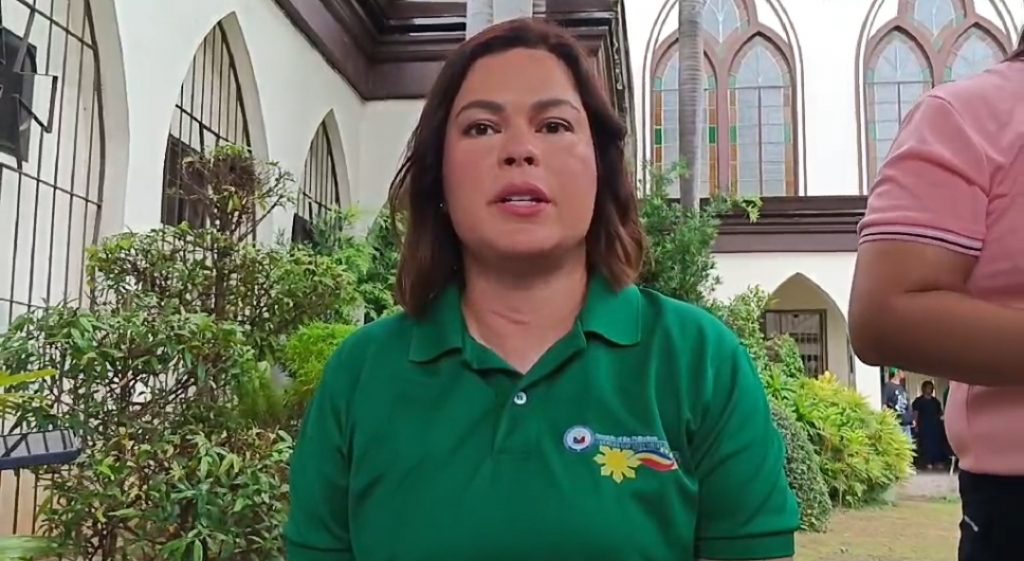
Speaking to reporters on Saturday, she revealed that the House of Representatives’ decision to exclude these items from the budget significantly impacted the OVP’s capacity to provide crucial aid.
“We sincerely apologize because the most in-demand projects of the Office of the Vice President, which are burial and medical assistance, were indeed lost. The House of Representatives removed that item, which is why we truly have no budget for it,” the Vice President explained.
Despite this setback, VP Duterte assured that other vital programs would continue. “However, our disaster operation center will continue, and so will our ‘Pagbabago’ campaign, where we advocate education for the youth. We are also targeting to plant one million trees,” she added.
Faced with a significantly reduced budget, the OVP has been forced to adapt its strategies.
“We have re-strategized in the Office of the Vice President. I told them that since we only have a small project and a small budget, we need to expedite its implementation so that we can reach our target and potentially create new projects next year. That is our strategy now, with no budget at all for the burial and medical assistance,” she further said.
Duterte expressed her gratitude for the unwavering public support.
“So, I am thankful because of the support and trust of the people in me, my colleagues in the office, and the entire Office of the Vice President continue,” she added.
The budget constraints have also necessitated a physical downscaling of the OVP. “If you can see, we are relocating our offices because our budget has decreased. We will have a relaunching because we need to move to smaller offices to lower our expenses.”
The removal of the burial and medical assistance programs, which have previously served as a significant lifeline for many Filipinos in crisis, marks a considerable shift in the OVP’s operations.
While acknowledging the public’s disappointment, Duterte’s statements underscore the office’s commitment to continue serving the nation through its remaining programs despite the budgetary limitations.
The focus now shifts to the success of the re-strategized initiatives and the potential for new projects in the future.
